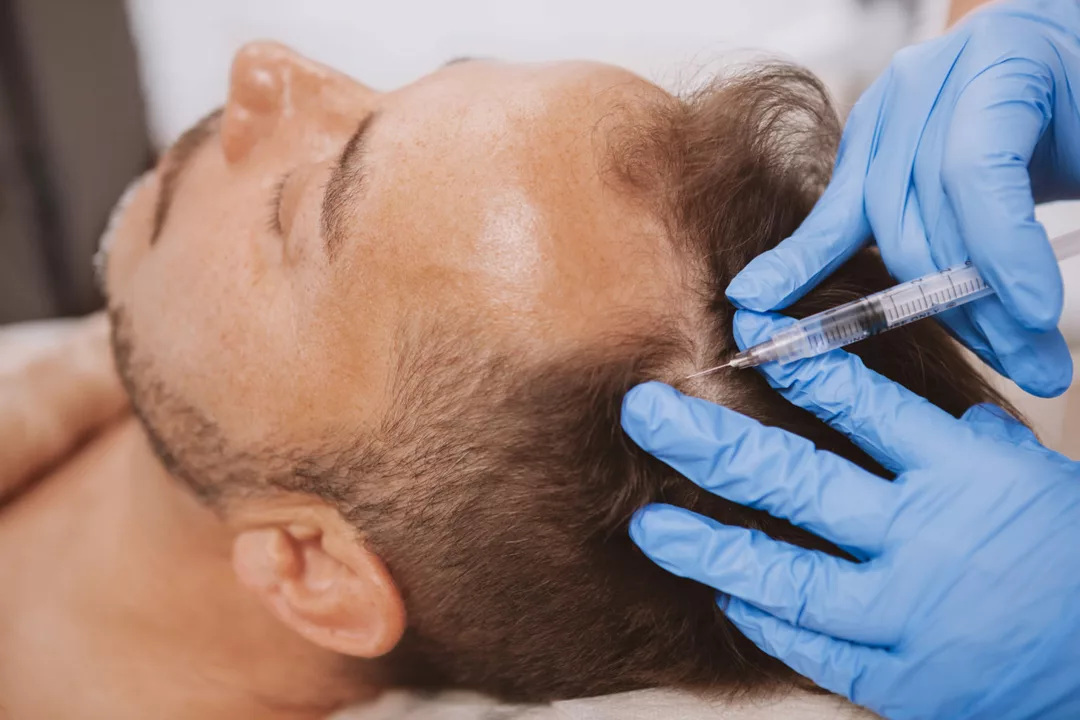Effectiveness: How to Judge Medicines and Supplements
Want to know if a drug or supplement will work for you? Effectiveness isn't a vague idea — it's a set of measurable things you can check. This page explains clear ways to judge treatments, spot misleading claims, and make smarter choices when reading our articles on drugs like Crestor, Depakote, or supplements like Rhodiola.
Look for the right evidence
Start with randomized controlled trials (RCTs). RCTs compare a treatment to a placebo or another drug and reduce bias. If you see solid RCT results, that's a strong sign the treatment can work. Next, check for real-world studies that track outcomes outside the lab — they show how a medicine performs in everyday use. Regulatory approvals (FDA, EMA) add credibility, but keep in mind some effective options are used off-label or are newer with less long-term data.
When reading research, focus on meaningful outcomes: reduced heart attacks, fewer seizures, or confirmed pregnancy rates — not just lab numbers. For supplements, expect fewer large RCTs. Look for meta-analyses or multiple independent studies that point the same way. If you spot only single small trials or manufacturer-funded studies, treat claims with caution.
Practical signs a treatment is helping
Real improvement usually shows up in specific ways and timeframes. For example, statins like Crestor lower LDL cholesterol over weeks and reduce heart events over years. Antidepressants and mood stabilizers often need several weeks to show benefit. Appetite or weight drugs may work within weeks but need steady use plus lifestyle changes. Track one or two clear measures tied to the condition: symptom counts, lab values, or daily function.
Also watch side effects and trade-offs. A medicine can be effective but cause problems that make it a poor fit for you. Read side-effect profiles, drug interaction warnings, and ask how a treatment affects daily life. Our article on Depakote covers who benefits most and what to monitor, while posts about alternatives to Metformin or Semaglutide help you weigh options if effectiveness is limited or side effects mount.
Compare therapies head-to-head when possible. Guides that explore alternatives — like Metoprolol vs other blood pressure drugs or different infertility treatments — help you see which option performs better for specific goals. Patient experience matters too: user reports won’t replace trials, but they reveal common issues like dosing hassles or real-world tolerability.
Finally, be skeptical of miracle claims. If a supplement promises fast, dramatic fixes with no downsides, it probably lacks strong evidence. Use trusted sources, check study size and funding, and talk to a clinician about your personal risks and goals. That way you can pick treatments that not only work on paper but actually improve your life.

The Effectiveness of Regenerative Medicine for Alopecia Treatment
- May, 13 2023
- Daniel Remedios
- 12 Comments
I recently came across some fascinating research on the effectiveness of regenerative medicine for treating alopecia, a common hair loss condition. The studies show promising results in using regenerative therapies, like stem cell treatments and platelet-rich plasma, to stimulate hair growth and improve overall hair health. It's amazing to think that we might have a solution to a problem that affects so many people worldwide. However, it's important to note that more extensive research is required to fully understand the potential benefits and risks of this treatment. I'm excited to see how regenerative medicine continues to evolve and improve the lives of those struggling with hair loss.
